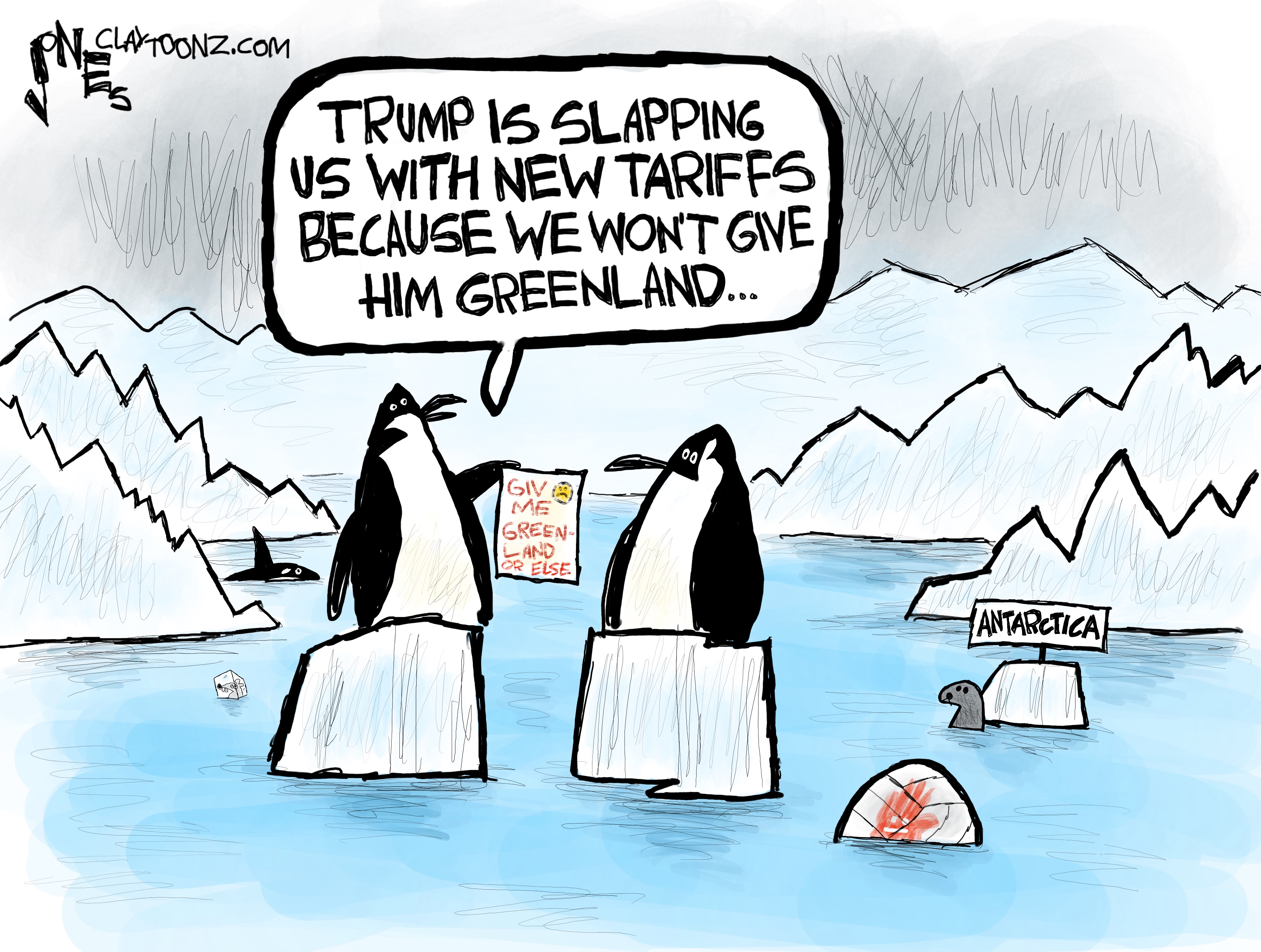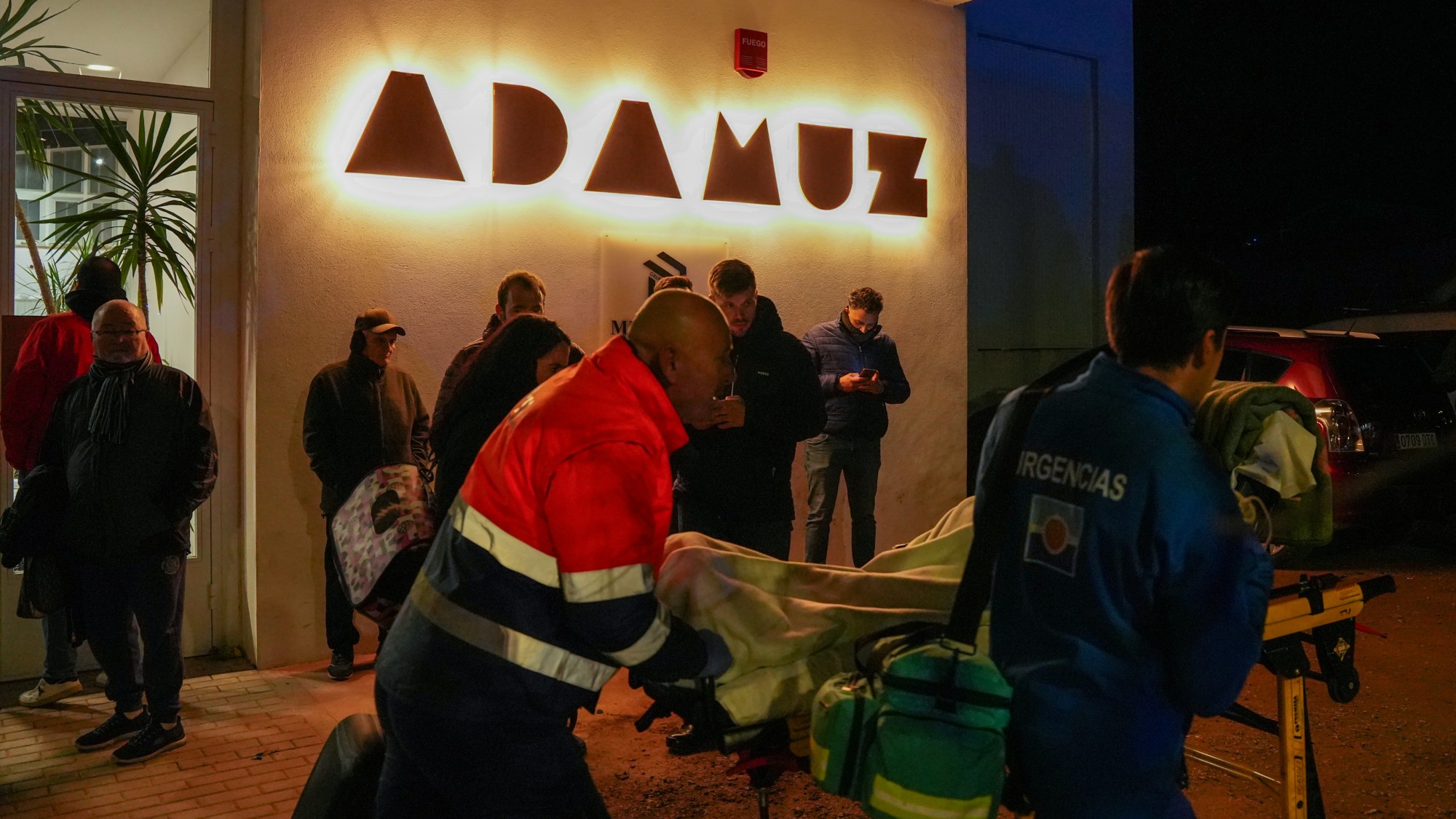James Comey is not a hero
"Ethical leadership" from the man who broke FBI rules to help elect Donald Trump


It's been bizarre to see #TheResistance figures eagerly queuing up to buy James Comey's new book — written by the man more responsible than any other non-candidate for the election of Donald Trump.
Comey may be a demonstration of how Trump obstructed justice, and his testimony deserves close consideration. But he is no martyr for democracy, and neither is he a moral exemplar in general. At bottom, he's just another grifter out to cash in on his carefully-crafted reputation.
Let us recall Comey's last-minute intervention in the 2016 election, when he loudly announced the reopening of the FBI investigation into Hillary Clinton's emails on Oct. 28, then quietly closed it again after a few days. So far as anyone can tell, it directly caused a sharp decline in her poll numbers, and quite possibly may have tipped the election outcome on its own. (Of course, only Clinton's extraordinarily unpopularity allowed the election to be close enough to tip in the first place.)
The Week
Escape your echo chamber. Get the facts behind the news, plus analysis from multiple perspectives.

Sign up for The Week's Free Newsletters
From our morning news briefing to a weekly Good News Newsletter, get the best of The Week delivered directly to your inbox.
From our morning news briefing to a weekly Good News Newsletter, get the best of The Week delivered directly to your inbox.
This was in direct violation of FBI rules on public statements about ongoing investigations. For very obvious reasons (which Comey unquestionably understood), national law enforcement must tread with extreme caution when it comes to investigations of political candidates. Claims that a candidate is corrupt is towards the top of the list of how authoritarian governments undermine fair elections.
Let us also recall what Comey did not say: that the Trump campaign was also under FBI investigation at that same moment — and for possibly colluding with a hostile foreign power, something that is considerably worse than violating government rules about proper email management. He left a New York Times story relating false claims of anonymous FBI sources that the agency saw no connection between Russia and Trump stand without correction.
In short: During the 2016 election, James Comey in his capacity as FBI director behaved as a committed and highly effective partisan of Donald Trump.
But that's not all. Let's consider his previous most famous career moment, when he helped prevent an end-run around proper legal procedures in March 2004. At that moment, Attorney General John Ashcroft was severely ill in the hospital and Comey (then Ashcroft's deputy) was temporarily serving in his place. Head of the Office of Legal Counsel Jack Goldsmith had judged that an ongoing warrantless wiretapping program was illegal, and he, along with Comey and then-FBI Director Robert Mueller, threatened to resign unless the program was stopped. In response, White House Counsel Alberto Gonzales and then-Chief of Staff Andrew Card went to Ashcroft's hospital room to try to trick the delirious man into signing off on it. Comey got wind of this and went blazing across D.C. in the middle of the night to try to head them off. (Remarkably, Ashcroft told Card and Gonzales to go pound sand.)
A free daily email with the biggest news stories of the day – and the best features from TheWeek.com
And sure, good for them. But what the focus on this dramatic confrontation overlooks is that Comey went on to approve a warrantless wiretapping program that was still plainly illegal and a bald violation of the Fourth Amendment. When it came out in 2005, there was immediately a gigantic scandal, and the legal rationale that the Bush legal team did endorse — that the 2001 Authorization to Use Military Force somehow implicitly authorized warrantless wiretapping — was utterly preposterous. (Indeed, the major question raised by that ridiculous legal opinion was just how loopy and extreme the previous program must have been. We still don't know.)
And as Trevor Timm explains here, much of the rest of his career has been dedicated to enabling other authoritarian abuses. He spent years trying to force Apple to undermine its security by putting in an backdoor for authorities, and worked hard to outlaw end-to-end encryption altogether. He defended the arrest and due process-free detention of a U.S. citizen on U.S. soil for well over three years. He signed off on the illegal Bush torture program, despite his own doubts.
Now, a couple large caveats are in order. There is no reason to doubt Comey's recounting of how he was fired by Trump, nor the implication that it was done to obstruct the Russia investigation — indeed, Trump himself confirmed that on national TV. Neither is he a fraud or partisan hack on the level of John Yoo or Kellyanne Conway. The Republican Party smear campaign against Comey — who donated to the presidential campaigns of both John McCain and Mitt Romney — is a transparently cynical and dishonest attempt to protect President Trump by attacking the messenger.
But that doesn't mean Comey actually lives up to his pious self-branding as some model of character, honor, and "ethical leadership."
If he were half as concerned about those things as he was about his personal image, Donald Trump might not be president today.
Ryan Cooper is a national correspondent at TheWeek.com. His work has appeared in the Washington Monthly, The New Republic, and the Washington Post.
-
 Political cartoons for January 19
Political cartoons for January 19Cartoons Monday's political cartoons include Greenland tariffs, fighting the Fed, and more
-
 Spain’s deadly high-speed train crash
Spain’s deadly high-speed train crashThe Explainer The country experienced its worst rail accident since 2013, with the death toll of 39 ‘not yet final’
-
 Can Starmer continue to walk the Trump tightrope?
Can Starmer continue to walk the Trump tightrope?Today's Big Question PM condemns US tariff threat but is less confrontational than some European allies
-
 The billionaires’ wealth tax: a catastrophe for California?
The billionaires’ wealth tax: a catastrophe for California?Talking Point Peter Thiel and Larry Page preparing to change state residency
-
 Bari Weiss’ ‘60 Minutes’ scandal is about more than one report
Bari Weiss’ ‘60 Minutes’ scandal is about more than one reportIN THE SPOTLIGHT By blocking an approved segment on a controversial prison holding US deportees in El Salvador, the editor-in-chief of CBS News has become the main story
-
 Has Zohran Mamdani shown the Democrats how to win again?
Has Zohran Mamdani shown the Democrats how to win again?Today’s Big Question New York City mayoral election touted as victory for left-wing populists but moderate centrist wins elsewhere present more complex path for Democratic Party
-
 Millions turn out for anti-Trump ‘No Kings’ rallies
Millions turn out for anti-Trump ‘No Kings’ ralliesSpeed Read An estimated 7 million people participated, 2 million more than at the first ‘No Kings’ protest in June
-
 Ghislaine Maxwell: angling for a Trump pardon
Ghislaine Maxwell: angling for a Trump pardonTalking Point Convicted sex trafficker's testimony could shed new light on president's links to Jeffrey Epstein
-
 The last words and final moments of 40 presidents
The last words and final moments of 40 presidentsThe Explainer Some are eloquent quotes worthy of the holders of the highest office in the nation, and others... aren't
-
 The JFK files: the truth at last?
The JFK files: the truth at last?In The Spotlight More than 64,000 previously classified documents relating the 1963 assassination of John F. Kennedy have been released by the Trump administration
-
 'Seriously, not literally': how should the world take Donald Trump?
'Seriously, not literally': how should the world take Donald Trump?Today's big question White House rhetoric and reality look likely to become increasingly blurred
